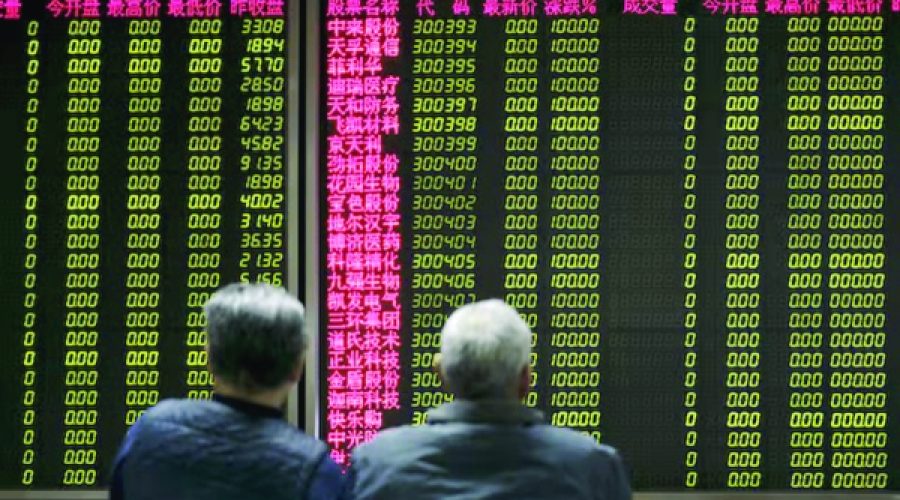Asian Stocks Drop Amid Tech Earnings and US Sanctions: What Investors and Businesses Need to Know
SINGAPORE — Asian stock markets declined for the second consecutive day on Thursday, pressured by weak earnings reports from major technology companies that intensified selling on Wall Street. Meanwhile, renewed U.S. sanctions on Russia and potential new export controls targeting China heightened geopolitical concerns.
Oil prices surged nearly 3% following U.S. sanctions imposed on Russian energy giants Rosneft and Lukoil, linked to the ongoing conflict in Ukraine.
MSCI’s broadest index of Asia-Pacific shares outside Japan dropped 0.4%, while Japan’s Nikkei 225 index fell sharply by 1.5%.
Chinese equities fell up to 1.1% amid reports that the White House is considering imposing restrictions on a wide range of software-related exports to China, in response to Beijing’s recent rare earth export curbs.
“Without new macroeconomic data to stabilize sentiment, investors are adopting a defensive stance as former President Trump’s upcoming visit to Asia stokes geopolitical tensions,” said Charu Chanana, chief investment strategist at Saxo Bank in Singapore. “Talk of U.S. software export restrictions against China has dealt a significant blow to tech stocks, while renewed sanctions on Russia serve as a stark reminder that geopolitical risks remain prevalent.”
Global equity markets are also retreating from record highs as the corporate earnings season begins and investors book profits. Although some large-cap companies have disappointed, most earnings reported so far have exceeded analysts’ expectations.
In South Korea, stocks fell 0.7%, led by broad declines in tech hardware manufacturers. The Bank of Korea held interest rates steady, as anticipated by market analysts.
Brent crude oil rose 2.9% to $64.41 per barrel after President Trump announced Ukraine-related sanctions targeting Russian oil firms, marking the first such sanctions in his second term.
Kyle Rodda, senior market analyst at Capital.com in Melbourne, commented, “These sanctions are negative for the region. Since most Asian economies are net energy importers, the move restricts growth and exerts upward pressure on inflation.”
Reports indicate that Reliance Industries, India’s largest purchaser of Russian oil, plans to drastically reduce imports due to EU and U.S. sanctions, with other Indian refiners expected to make similar cuts.
On Wall Street, S&P 500 e-mini futures inched up 0.1% following two days of declines as disappointing earnings from technology giants continued to weigh on sentiment. Netflix shares plunged over 10% after issuing a weak outlook, while Tesla dropped 3.8% despite posting record third-quarter revenue. Apple’s stock declined 1.6% after facing an antitrust complaint in the European Union regarding its App Store policies.
The yield on the U.S. 10-year Treasury remained steady at 3.9549%. Market participants are pricing in a 96.7% probability of a 25-basis-point interest rate cut at the Federal Reserve’s meeting on October 29, according to CME Group’s FedWatch tool.
The U.S. dollar index strengthened slightly by 0.1% to 99.062. Meanwhile, gold prices slipped 0.2% to $1,086.73 per ounce as investors took profits ahead of upcoming U.S. inflation data.
— Reuters
Special Analysis by Omanet | Navigate Oman’s Market
The recent US sanctions on major Russian firms and potential export curbs on China heighten geopolitical risks that could disrupt supply chains and fuel regional inflation, impacting Oman’s energy-import-dependent economy. For businesses and investors in Oman, this signals a need to diversify supply sources and hedge against market volatility, while entrepreneurs should explore opportunities in alternative energy and tech resilience to navigate heightened uncertainty.



